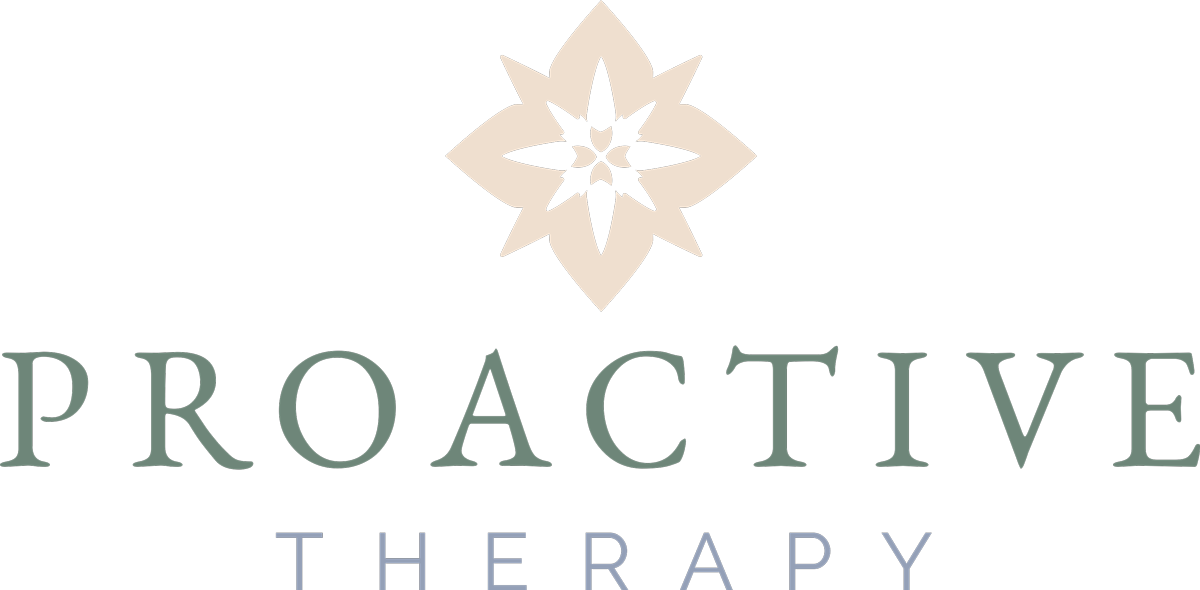How to Give Your Therapist Feedback
By Staff Therapist
As a therapist, my friends often talk to me about their own experiences with therapy. Many love their therapists and tell me about the ways therapy has helped them grow. Others have brought up questions or complaints like: “My therapist talks too much,” “My therapist always just agrees with me and I wish she would push me more to see other perspectives,” “My therapist comes to sessions late every week, is that normal?” or “I wish my therapist directed sessions more.”
Inevitably, I ask, “Have you talked to your therapist about this?” Usually, the answer is “No.”
The therapeutic relationship, like every relationship, sometimes needs work. Often the best way to do this is to talk openly with your therapist about things that are not working for you. Not only could this help improve your therapy experience, but this could also give you invaluable practice at working on relationships directly, which could help you improve other important relationships.
But how exactly can you give your therapist feedback?
Frame the conversation
Often, when giving feedback, it is helpful to start by asking for permission and framing the conversation. For example, you could say, “Would you be open to talking about my experience of therapy?” or “Would you be open to some feedback?” This will alert your therapist that something is on your mind and opens up the space for a conversation about what is working and what is not. It can be helpful to bring this up at the beginning of the session, especially if you and your therapist tend to set an agenda for the session.
Share your experience
When giving feedback, sharing your experience deepens the conversation and makes the other person less likely to get defensive. It also opens the space for them to share their experience. Oftentimes, this is talked about in terms of using “I” statements. For example, you could say, “In therapy, when we sit in silence, I start to feel really uncomfortable and I forget all the things I wanted to talk about.”
Be curious
Sometimes aspects of therapy may feel challenging or uncomfortable and you may not be sure whether it is purposeful or useful. In these situations, being curious and asking your therapist can be helpful. In certain types of therapy, we purposely sit in uncomfortable emotions to help people become more open to their emotional experience and more flexible in handling challenging emotions. Asking your therapist could lead to an interesting conversation and help clarify whether or not you actually want that aspect of therapy to change or if it is a valuable part in what is often a challenging process.
Make a request
Even though your therapist is the mental health professional in the room, it is okay to make a request and advocate for what you need. You know best what works for you. If there is something you think would be useful for you in therapy, let your therapist know. For example, you could say, “I find the stuff we talk about in therapy really interesting, but I think more concrete things for me to work on between sessions would be helpful for me,” or “Sometimes I have things I want to talk about in therapy, but I’m not sure when to bring it up. Could we make an agenda for our session at the beginning of each session?”
It’s okay to mess it up!
Giving feedback or making a request can be challenging and is definitely a skill that is learned through practice. Maybe you don’t know how to express what you are feeling or are worried that you will hurt your therapist’s feelings or that the conversation will be awkward. All of these fears are completely valid, but remember that therapy can be a great place to practice hard things. Your therapist is there to help you with communication skills, so if you word the feedback imperfectly that just opens up a great opportunity to work on giving feedback, so that when something comes up with a friend or co-worker, you are ready!
